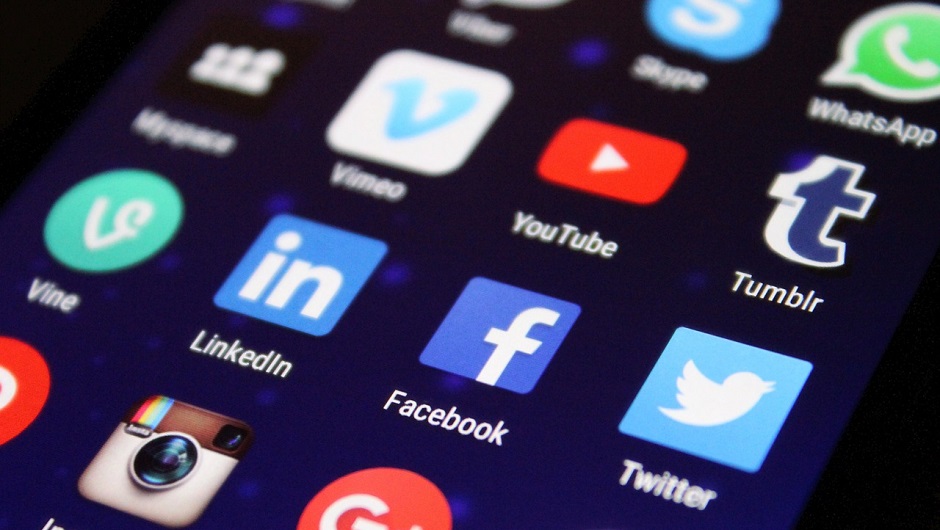Ways to Integrate a Digital Strategy Into Your Event Marketing Campaigns
Avertising your brand through events involves a lot of work. Planning a successful event alone can be a daunting task, but promoting your event to your target audience can be just as challenging. It is not easy, but when successful, you can effectively increase the exposure of your brand while acquiring strong leads from those who attended.
With the right strategy, you can effectively market and promote your events through various digital channels. Here are the known methods of integrating a digital strategy to your event marketing campaign:
Social Media
Social media platforms have been incredibly lucky thus far in brand management, lead generation, and sales. Social networks are also capable platforms for promoting events to your target audience. A key advantage of this is that you can quickly launch ads and promote your event materials to audiences who’ll be more likely to attend, especially if you already have an established social media page for your brand.
A good digital strategy can also leverage your social media followers to spread the word for you. A simple strategy is to offer free passes for those who will help you promote the event through social sharing. To implement the mechanics for your event campaign, you can use a free tool such as Rafflecopter that can help you facilitate the giveaway of passes.
To maximize the exposure you gain from the event, you may also organize an amateur photo competition where attendees have to take a photo or video of the event and promote it through social media with a corresponding hashtag. You no longer need a third-party tool for this since hashtags are easily searchable on platforms such as Instagram, Vine, and Twitter. To choose a winner, just search for the specific hashtag to view the entries made by your audience.
While advertising your event through social media, you should see to it that all inquiries are answered promptly: 42% of social media users complain about companies who take more than an hour to respond. If your social media strategy for promoting an event is limited to sharing a link to a landing or event page once a day, then you are not only discouraging some of your followers from attending, you could pick up a bad reputation.
With the rise of live streaming apps such as Periscope, you may also provide a live feed to those who could not attend but are interested in your event.
Landing Page
It is common for established companies to launch a microsite or an app that’s made solely for the event. At the least, they develop and dedicate a single page from their website to promote an event and increase conversions at the same time.
Nearly half (48%) of online brands create a new landing page to advertise a new campaign, including planned events.
As an advertiser, you should optimize a landing page so that visitors will learn more about your planned event or booth. However, the page’s layout must be carefully designed to maximize user engagement. An advertising agency can help you with anything from branding to sponsorships and events. Don’t stop your digital strategy after the event: Update your landing page with photos or short clips of the event.
After developing your landing page, the next step is to drive in traffic. Search Engine Optimization or SEO is not practical for promoting a new landing page for an event. Instead, focus on sharing a link to your landing page through social media, paid advertisements, and email marketing.
Email Marketing
99% of companies utilize email marketing to promote an upcoming event. Your email list probably contains your strongest leads, so as part of the digital strategy, you should target them for your event promotion. You should already know the kind of information and subject lines that will get their attention. Encourage them to learn more about your event by placing a link to your event page.
When writing your email, a good strategy would be to optimize it for mobile viewers. This is because more than half of your potential attendees will be reading your invitation with a mobile device. Just like your landing page, your email should get straight to the point and highlight the benefits of attending your event. Also include a social sharing link to encourage your audience to invite their friends to attend.
Building an email list may take time, but it can provide you with an efficient lead generation and nurturing channel for the long-term. To keep your digital strategy going for future events, be sure to collect the email addresses of those who attended your event. Offer something valuable in return for their contact details, like freebies or a free consultation about your product or service. After gathering new email leads, you should send a follow-up email to express your appreciation for their participation.
Article Written By: Eva Green of Tech Co
0

